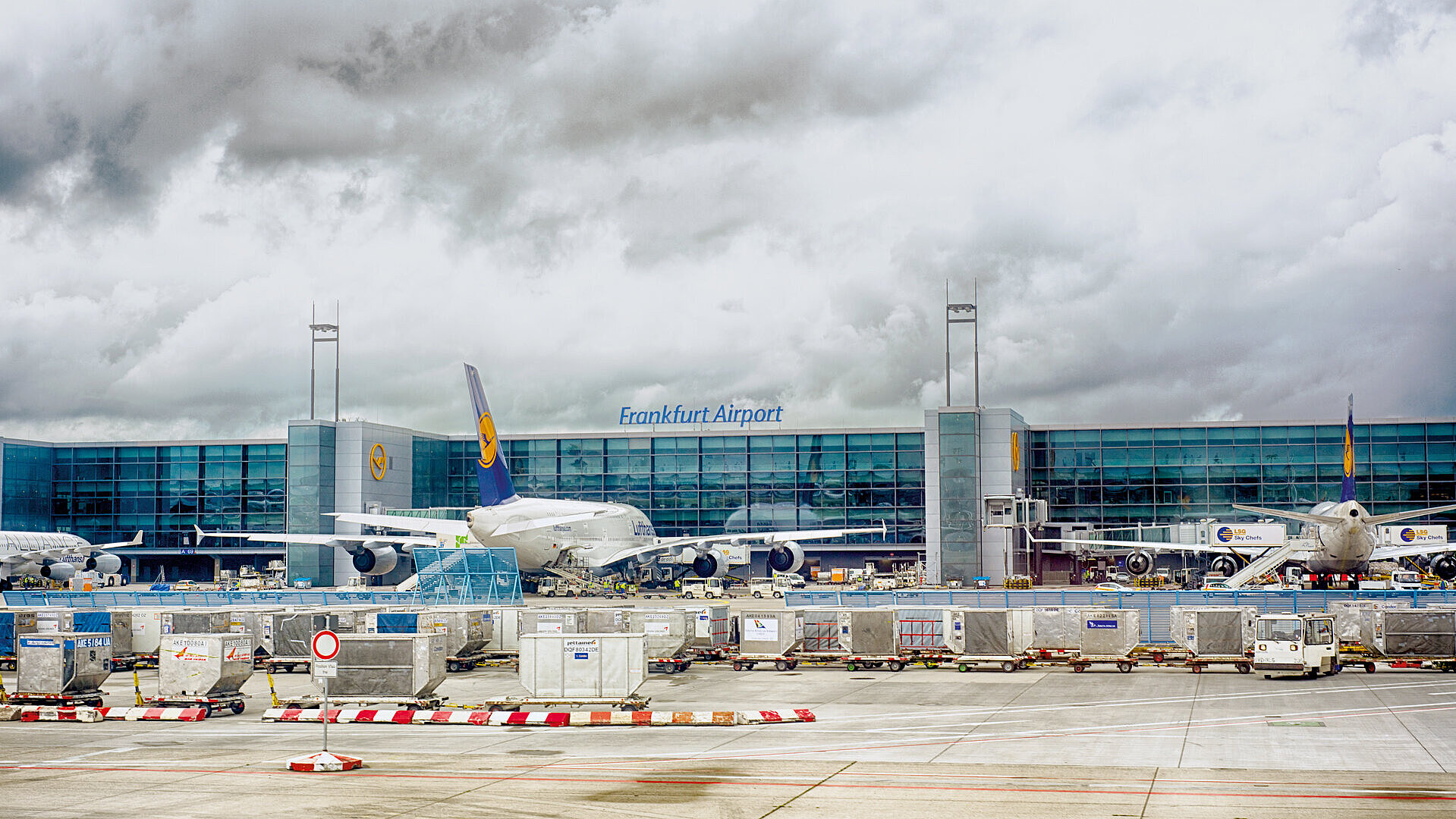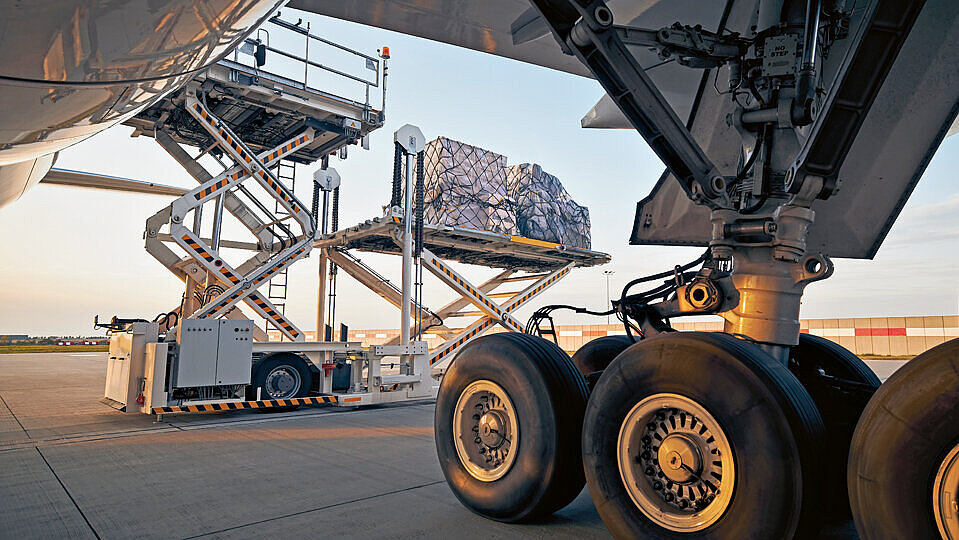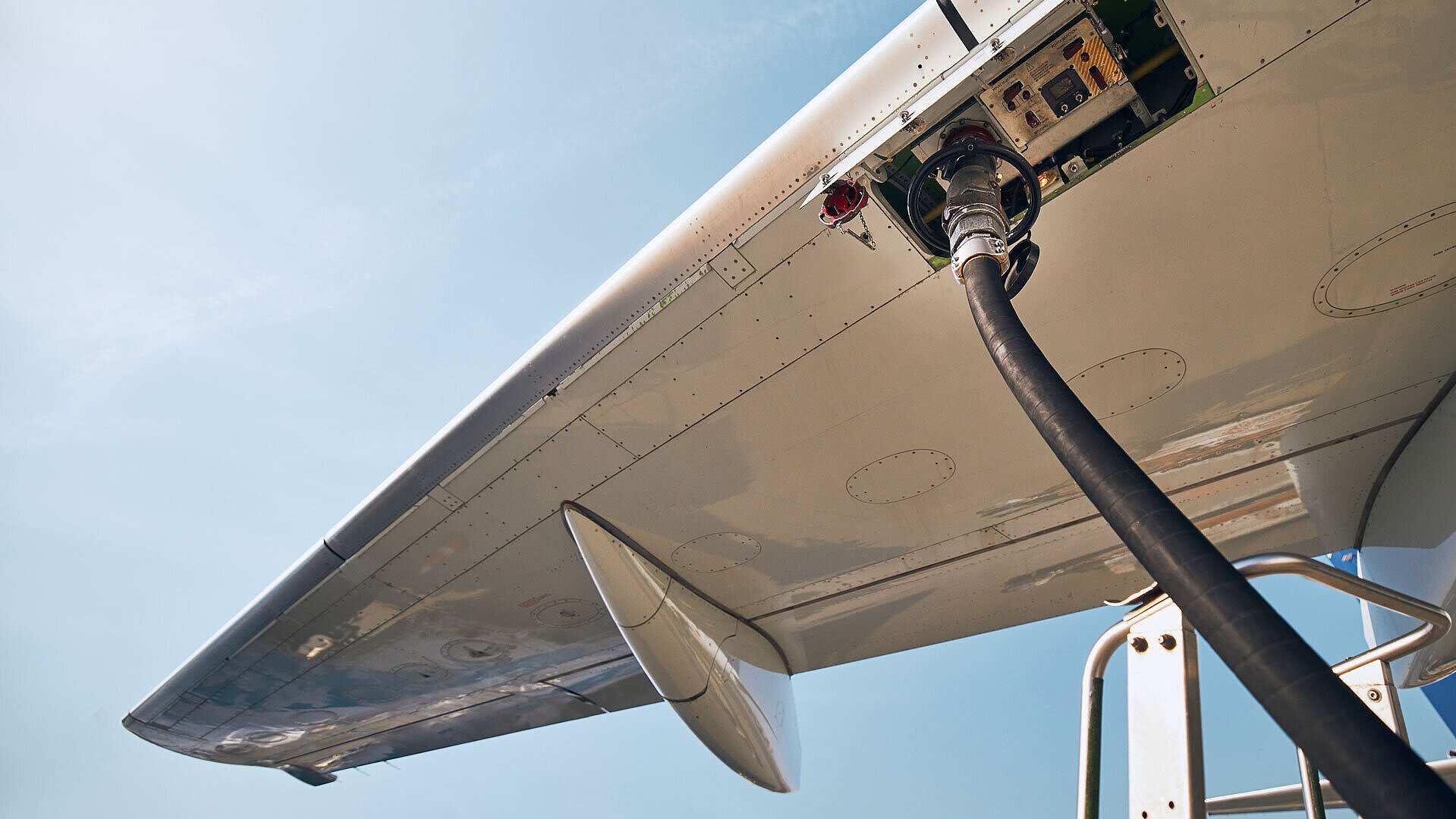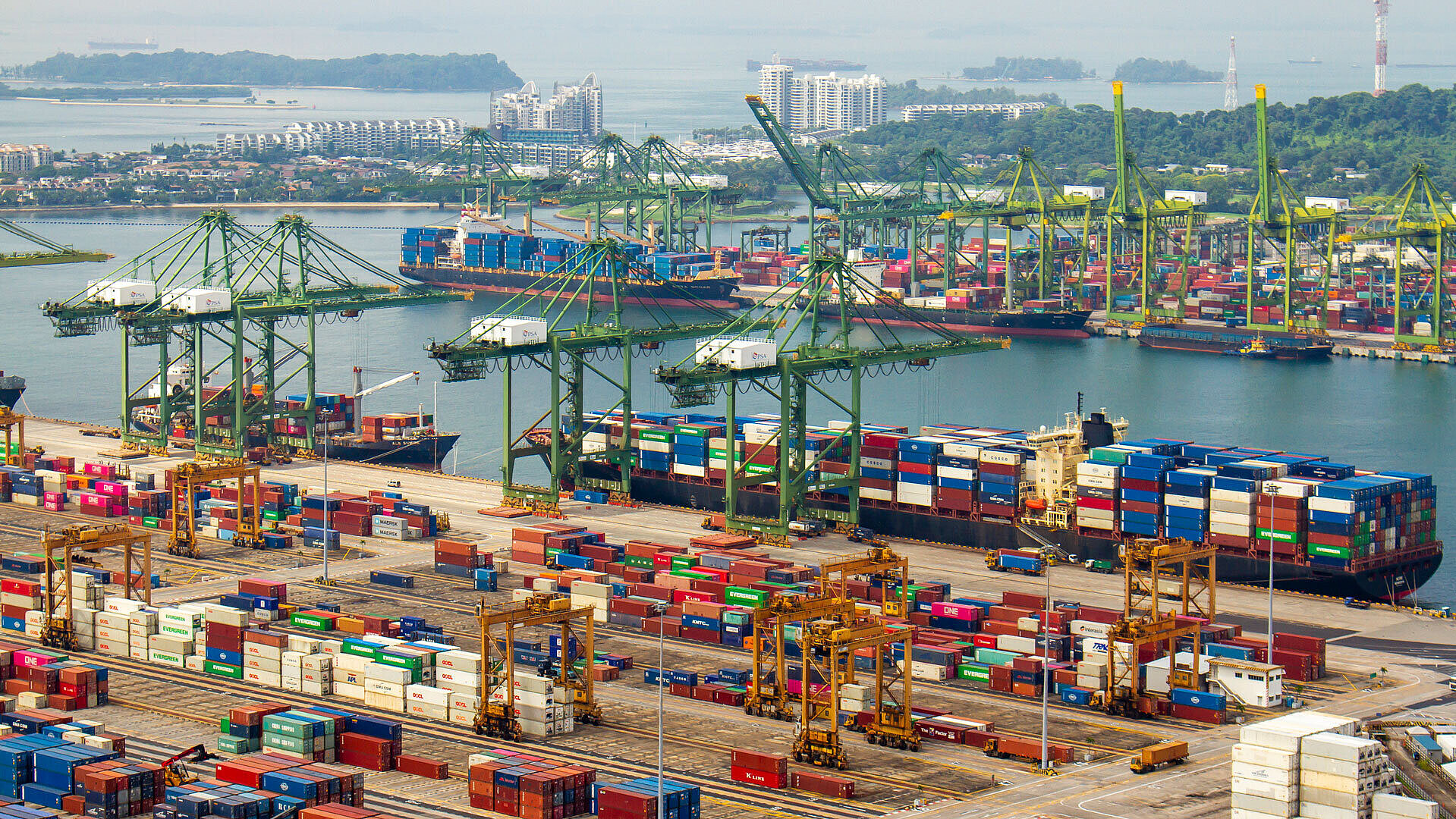
Growth of freighter fleet continues

In their latest market analyses, aircraft manufacturers Airbus and Boeing anticipate significant growth in the global freighter fleet until 2043. This is the key finding of the forecast reports published by the companies for the period up to and including 2043, known as the Global Market Forecast (GMF) from Airbus and its counterpart from Boeing, the Commercial Market Outlook (CMO).
The US aircraft manufacturer assumes that demand for air freight will continue to grow steadily over the next two decades, with the main driver of this development being the continued boom in online retail. Geopolitical risks, the volatility of sea freight and the general increase in demand for fast, reliable transport solutions also support the growth expectations for the industry.
Converted freighters are at the heart of the growth strategy. According to Boeing and Airbus, two-thirds of new cargo aircraft entering the market in the future will be converted passenger aircraft. Lower costs, shorter delivery times and a faster response to fluctuations in demand make conversion attractive. Airbus expects 970 new narrow-body freighters, which will be used primarily in e-commerce and express delivery on short and medium-haul routes. For the long-haul market, 620 new wide-body freighters are forecast.
Strong growth in the coming years
The long-term increase in air freight can be seen not only in fleet forecasts, but also in the expected development of the actual volume of freight transported. According to forecasts by Airports Council International (ACI), the global air freight tonnage transported will grow strongly in the coming decades: by 2042, the volume transported is expected to increase by around 60 per cent compared to 2025 (130.3 million tonnes). Ten years later, in 2052, an increase of 90 per cent is expected compared to the 2025 baseline. Global air freight volumes would then reach 241.1 million tonnes.
From a sustainability perspective, this development is problematic. If transport volumes increase at a similar rate to air traffic, and if this traffic is predominantly powered by fossil fuels, this means that the industry’s emissions will rise to a level that is incompatible with the applicable CO2 budgets. Even in optimistic scenarios involving the use of sustainable fuels, the remaining emission quota is likely to be exhausted well before the growth limit is reached.
At the 41st General Assembly of the International Civil Aviation Organisation (ICAO) in 2022, the industry agreed to set a CO2 budget to achieve the net-zero target. Ultimately, aviation agreed on a maximum CO2 amount of 18.4 billion tonnes. This emission amount indicates how much CO2 the aviation industry as a whole may emit by 2050 if it wants to achieve its goal of operating in a climate-neutral manner by that date. The amount is not directly linked to a specific temperature limit. (ol/rok)
air cargo Europe conference,
Monday, 14:30 p.m. - 15:30 p.m. Forum Hall A1
Tuesday, 10 a.m. – 11 a.m., Forum Hall A2
Wednesday, 10 a.m. – 11 a.m., Forum Hall A1
Thursday, 13:30 p.m. - 14:30 p.m., Forum Hall A1





